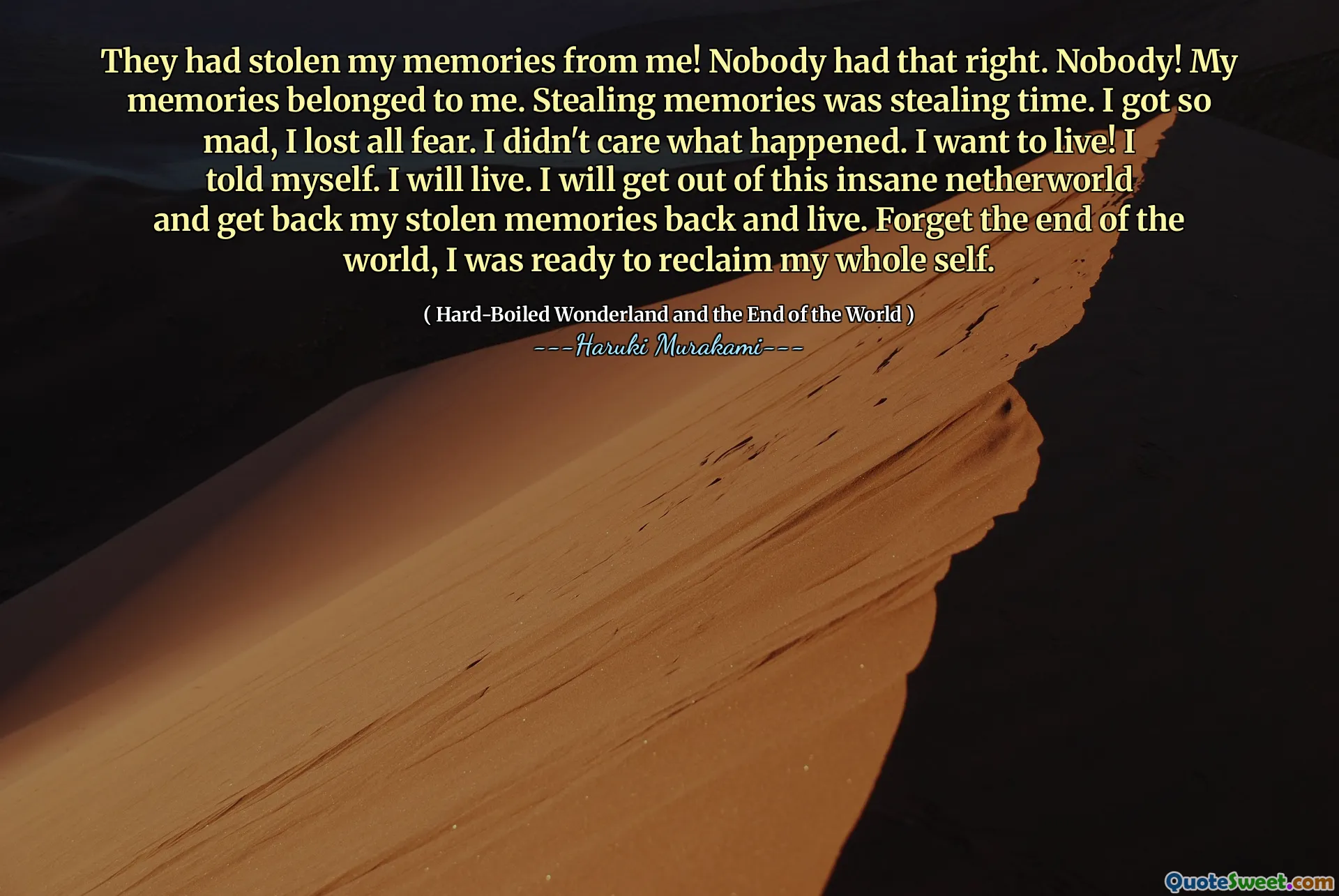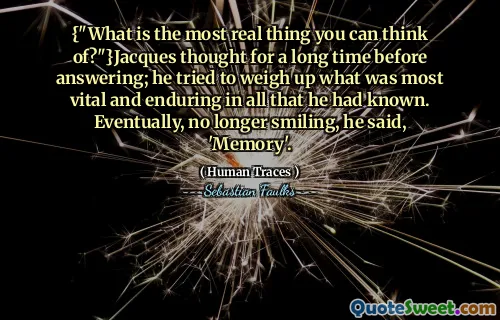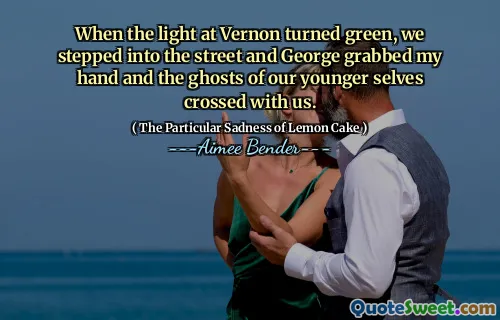
They had stolen my memories from me! Nobody had that right. Nobody! My memories belonged to me. Stealing memories was stealing time. I got so mad, I lost all fear. I didn't care what happened. I want to live! I told myself. I will live. I will get out of this insane netherworld and get back my stolen memories back and live. Forget the end of the world, I was ready to reclaim my whole self.
This powerful excerpt deeply resonates with the human yearning for identity and the fundamental importance of memory in shaping who we are. Memories serve as the fabric of our personal history—forming the basis of our sense of self, guiding our decisions, emotions, and understanding of the world. When memories are stolen or lost, it’s akin to losing a part of our very essence. The narrator’s assertion that stealing memories equates to stealing time emphasizes how intimately intertwined our memories are with our lifespan—each moment preserved in our mind reflects a fragment of our life story. The emotion conveyed here—the surge of rage and defiance—captures a universal fear: the loss of control over one's own mental and emotional landscape. The narrator’s declaration of willingness to live regardless of what happens showcases resilience and an indomitable spirit. It demonstrates that even in the face of existential despair, there remains a profound drive to reclaim oneself, to fight against forces that threaten to erase one’s very identity. This quote also raises larger questions about autonomy, privacy, and the sanctity of one’s mental space, reminding us of the importance of safeguarding our inner worlds. Whether metaphorical or literal, such themes are particularly relevant in an age where technology impinges on mental privacy. Ultimately, this excerpt celebrates the human resilience to fight for selfhood amid chaos and loss—an inspiring declaration of determination to restore one’s integrity against formidable odds.



